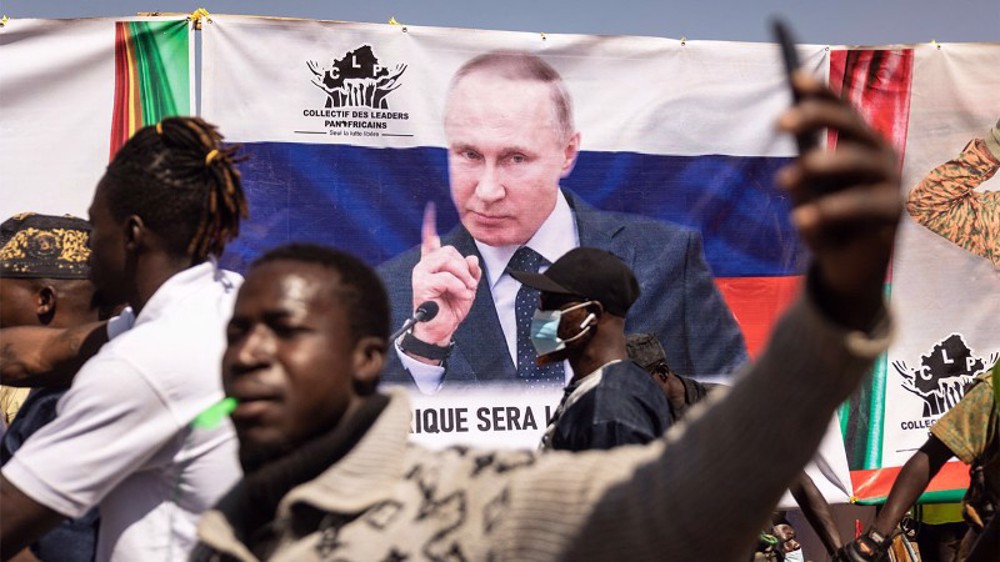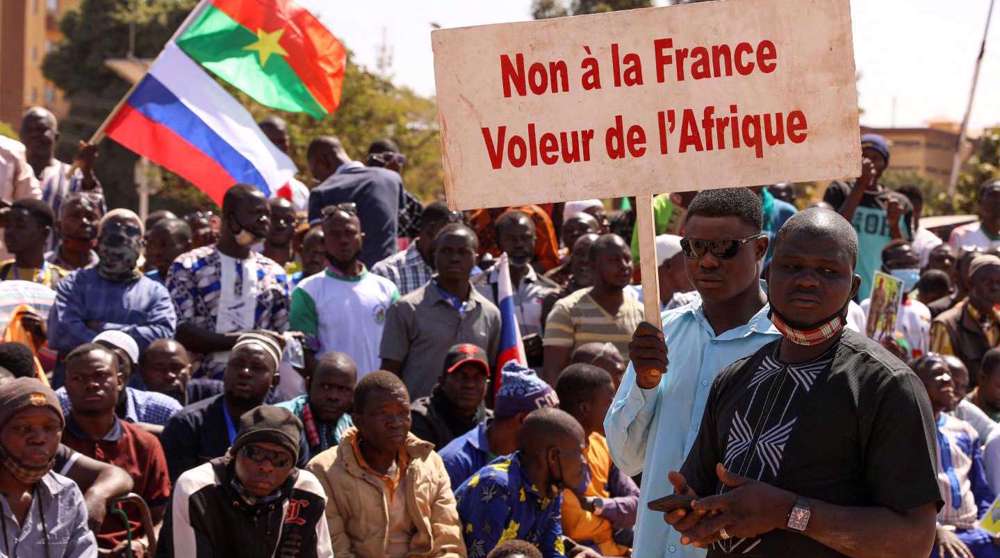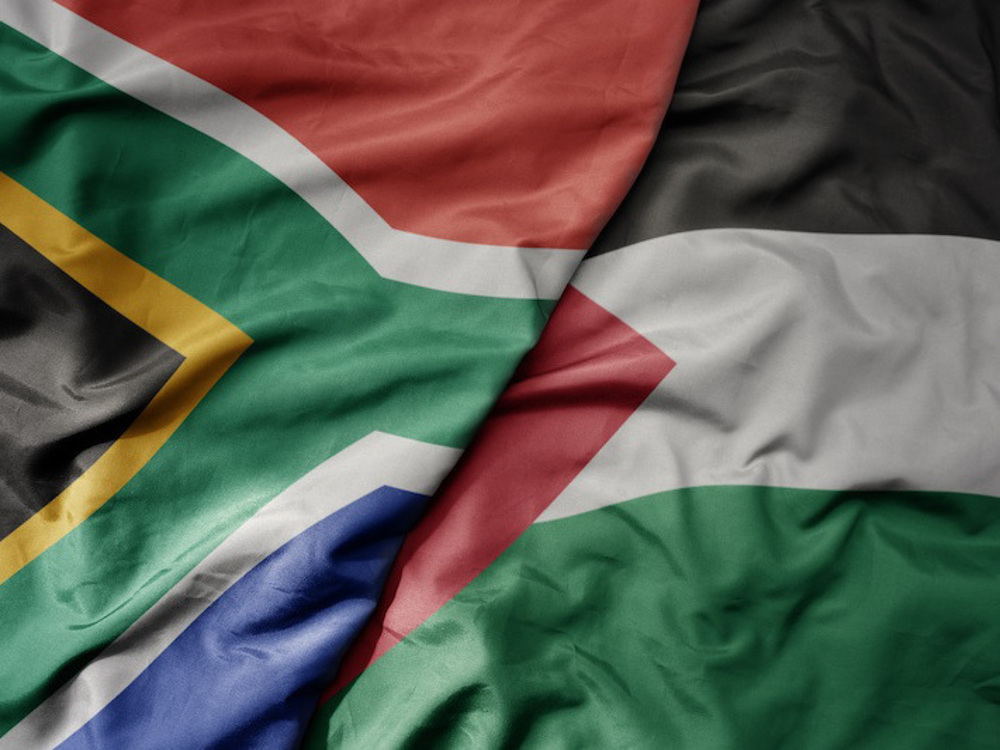Russia reopens Burkina Faso embassy after three decades
Russia has reopened its diplomatic mission in Burkina Faso after a gap of nearly 32 years.
The West African country has been distancing itself from its historical partner France over the past year.
The Russian Embassy in Ouagadougou was reopened on Thursday. It was closed in 1992.
This was all announced by the government of Burkina Faso and separately confirmed by the Russian Ambassador to Ivory Coast Alexei Saltykov.
“Russia formally reopened its embassy this Thursday in Ouagadougou,” the Burkinabe Foreign Ministry said in a statement.
While announcing the news, Saltykov also said Russia’s President Vladimir Putin would name the new ambassador to Burkina Faso. Saltykov is to head the mission in the meantime.
“Despite our physical absence here, bilateral cooperation in the political and economic fields has never ceased,” he went on to say, describing Burkina Faso as “an old partner with whom we have solid and friendly ties.”
Burkina Faso, once under French rule, is currently ruled by a military junta led by Captain Ibrahim Traore which seized power in September, the second coup in eight months against pro-France governments.
After the coup, France recalled its ambassador from Ouagadougou and has not replaced the envoy.
Burkina Faso’s military leaders have suspended the French TV outlets LCI and France24 as well as Radio France Internationale (RFI) and expelled the correspondents of the French newspapers Liberation and Le Monde over their “subversive activities.”
In September, Burkina Faso’s Foreign Ministry ordered France’s military attaché Emmanuel Pasquier and his team to leave over “subversive activities.”
In October, the country signed a deal with Russia for the construction of a nuclear power plant to boost the energy supply to the Sahel nation.
Less than a quarter of the population in Burkina Faso has access to electricity.
Being one of the poorest countries in the world, Burkina Faso has been under the influence of terrorist groups linked to al-Qaeda and Daesh that have killed thousands of its citizens, creating one of the fastest-growing humanitarian crises in Africa.
Toxic waste removed from India's 1984 Bhopal gas tragedy site
Gaza police chief, deputy killed in airstrike on humanitarian zone
South Korea's Yoon vows to ‘fight until end’ despite facing arrest
Alawites targeted as HTS militants launch crackdown on Homs
VIDEO | Press TV's news headlines
Putin orders government, top bank to develop AI cooperation with China
Martyr Soleimani is beacon of inspiration for freedom seekers worldwide: Official
Chinese hackers breach US Treasury sanctions office: Report











 This makes it easy to access the Press TV website
This makes it easy to access the Press TV website